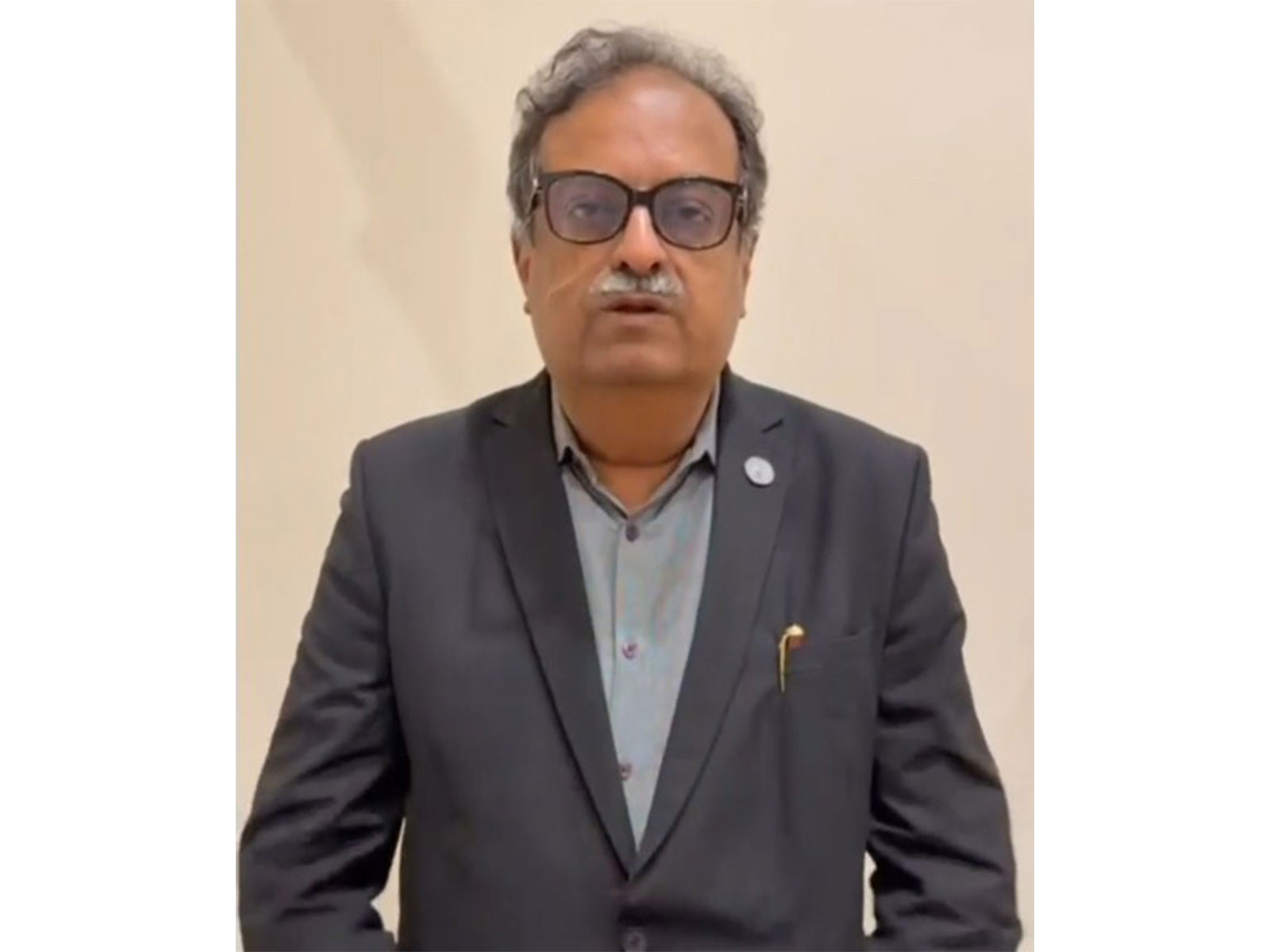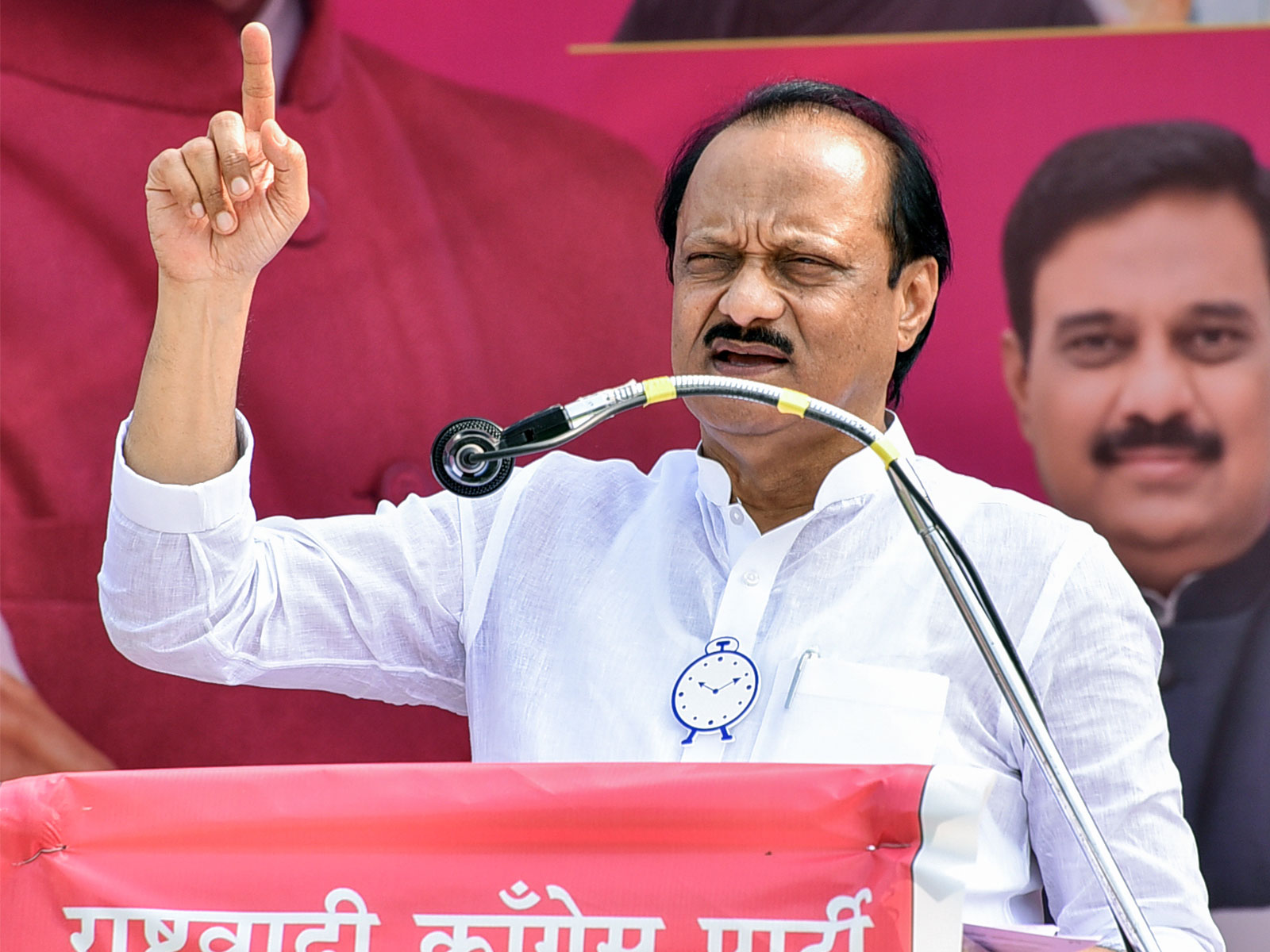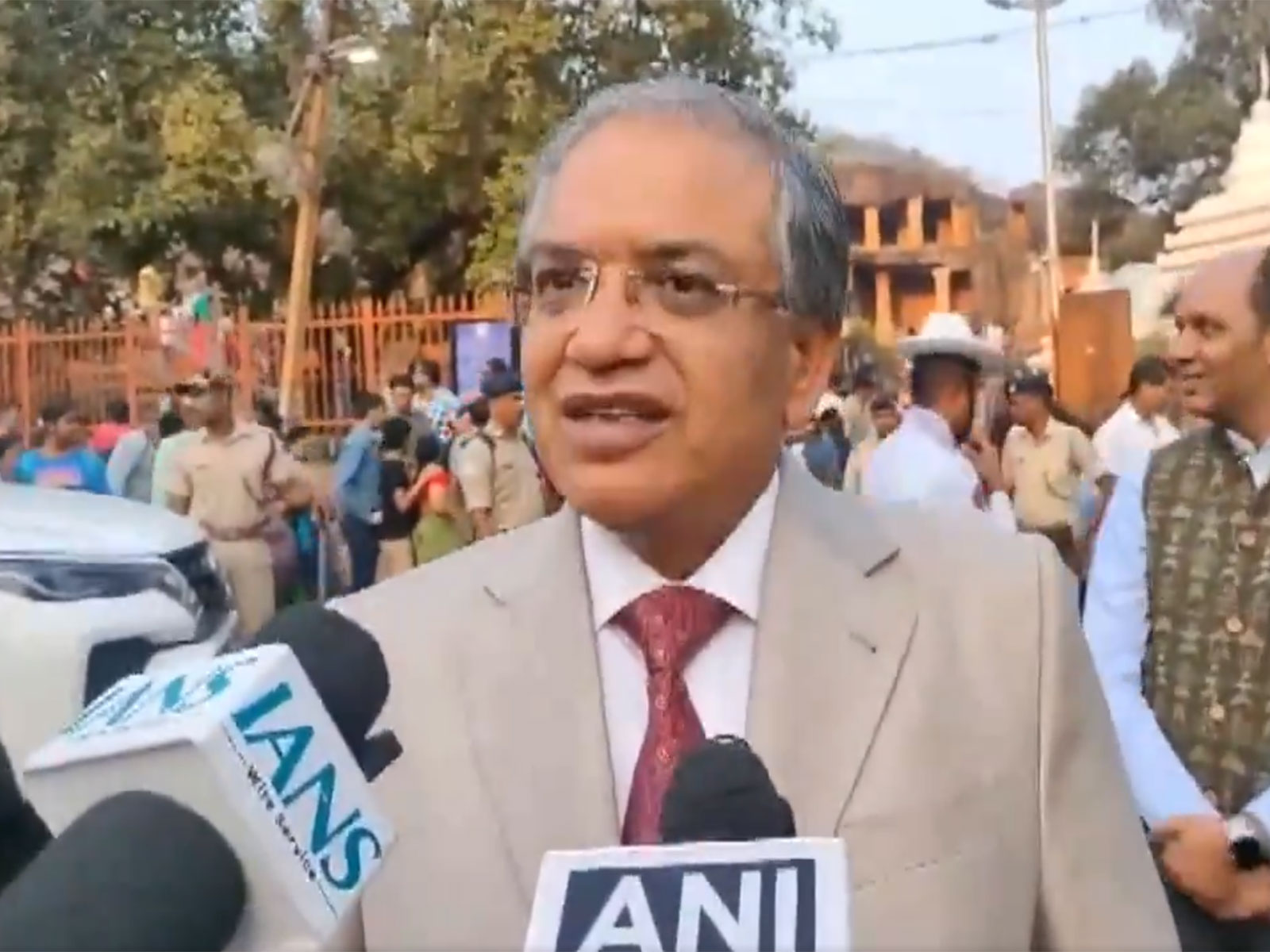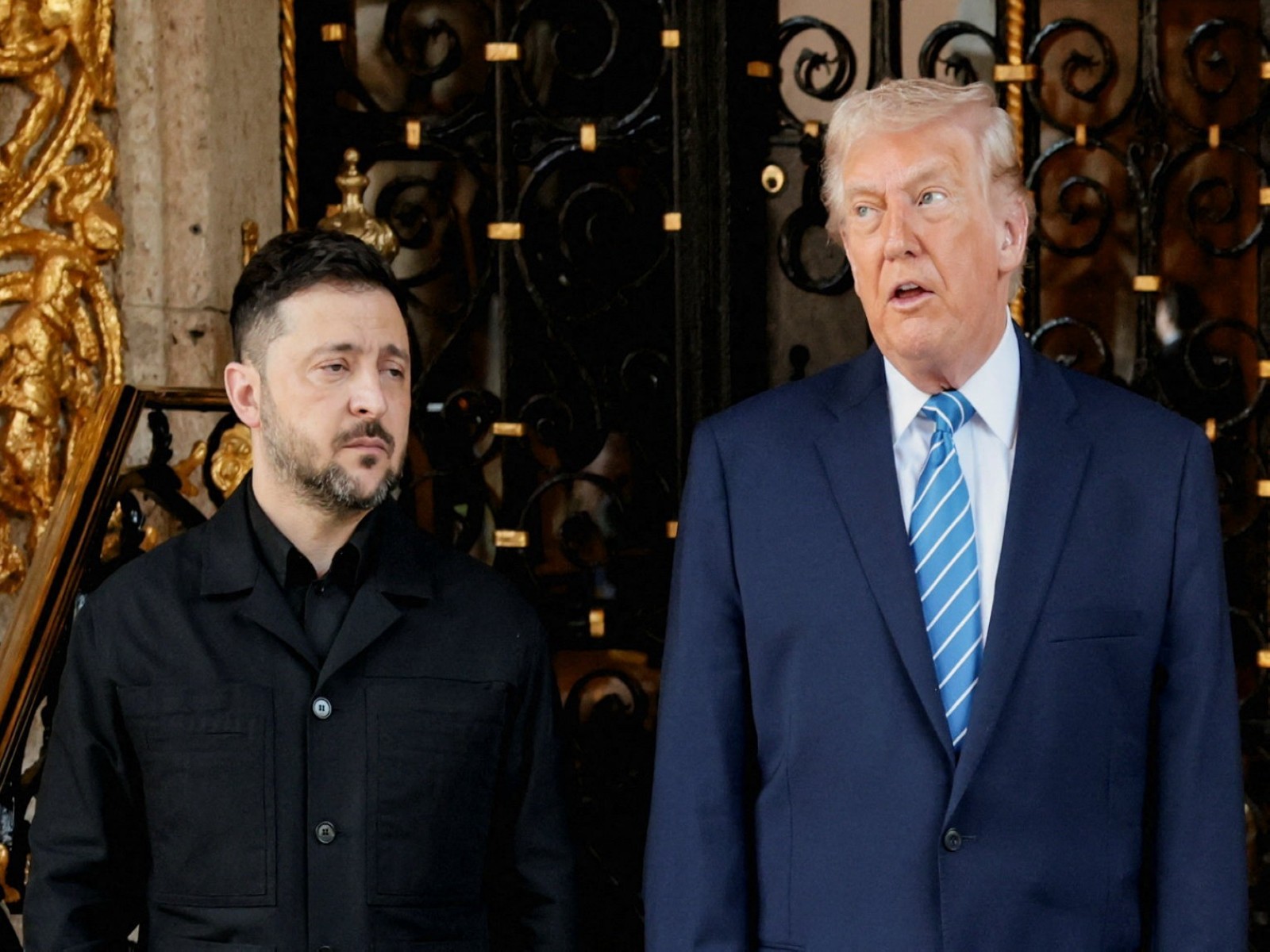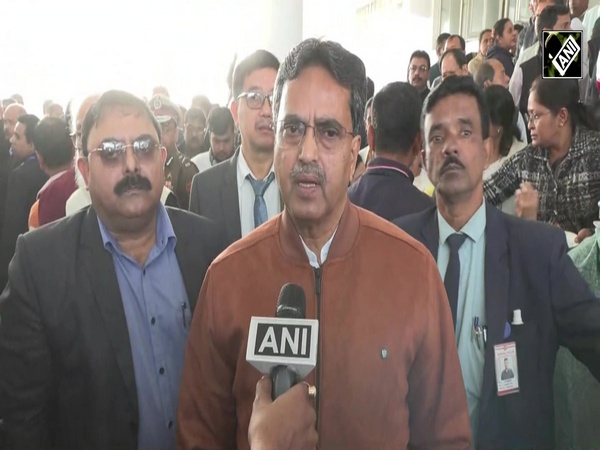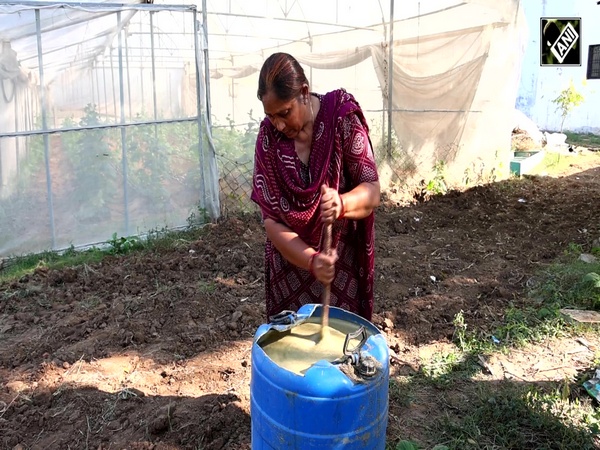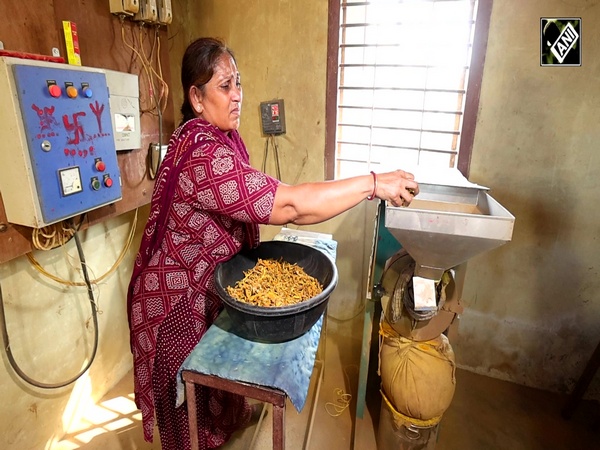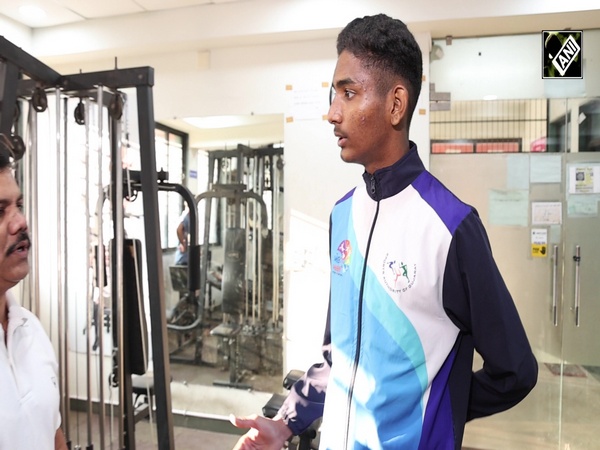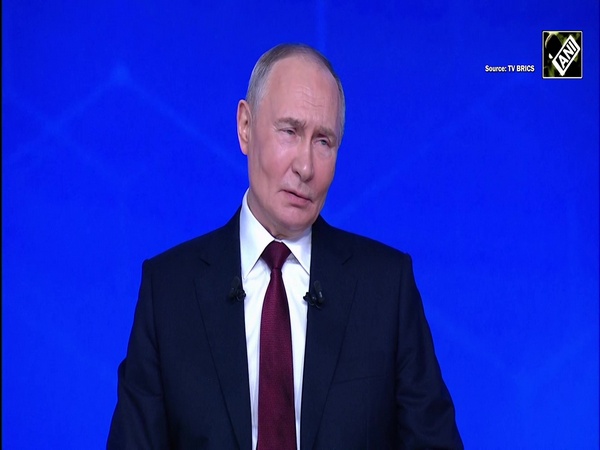Governments must also take concrete actions to level playing field for women: Gita Gopinath
Mar 08, 2021

New York [US], March 9 : Noting that governments must take concrete actions to level the playing field for women, Chief Economist of the International Monetary Fund Gita Gopinath has said that in many regions of the world, a key obstacle to women's empowerment are outdated legal, regulatory and institutional impediments.
Delivering the inaugural Dr Hansa Mehta Lecture at United Nations marking the International Women's Day, Gopinath said that research has shown that if women were to participate in the labour force to the same extent as men, national income could increase significantly.
"We are meeting amidst a global health and economic crisis which threatens to roll back years of hard-won economic and social gains for women. Women have been affected disproportionately by the pandemic because they work predominantly in sectors such as restaurants and hospitality that have been hit hardest by the lockdowns, and as the main caregivers at home, they have had to drop out of the labour market as schools remained closed," she said.
"Our research has shown that if women were to participate in the labour force to the same extent as men, national income could increase significantly," she added.
Noting that women globally account for less than 20 per cent of board seats in banks and banking supervision agencies, and account for fewer than two per cent of bank CEOs, she said this suggests tremendous room to achieve greater financial sector resilience while also increasing banking sector profitability.
"Governments must also take concrete actions to level the playing field for women. In many regions of the world, a key obstacle to women's empowerment are outdated legal, regulatory and institutional impediments--all of which are in the hands of governments to reform," Gopinath said.
The IMF Chief Economist said it is estimated that in developing countries, 70 per cent of women-owned businesses are under-served by financial institutions, as a result of which women entrepreneurs run smaller enterprises, earn less than male peers and are more likely to fail.
"This is a financing gap as well as a lost business opportunity, in which the financial industry can step up to aid women's financial inclusion."
She said the COVID-19 crisis has demonstrated excellent contributions of women as leaders, as health professionals, as first-responders, as caregivers.
"Yet women have been hit disproportionately hard by this crisis, and we still have a distance to go to get to gender equality. While much remains to be done, I am confident we will continue to make important progress towards the empowerment of women everywhere in the world."
Dr Hansa Mehta was an Indian freedom fighter, an educator, a policymaker, and a champion of women's rights.

